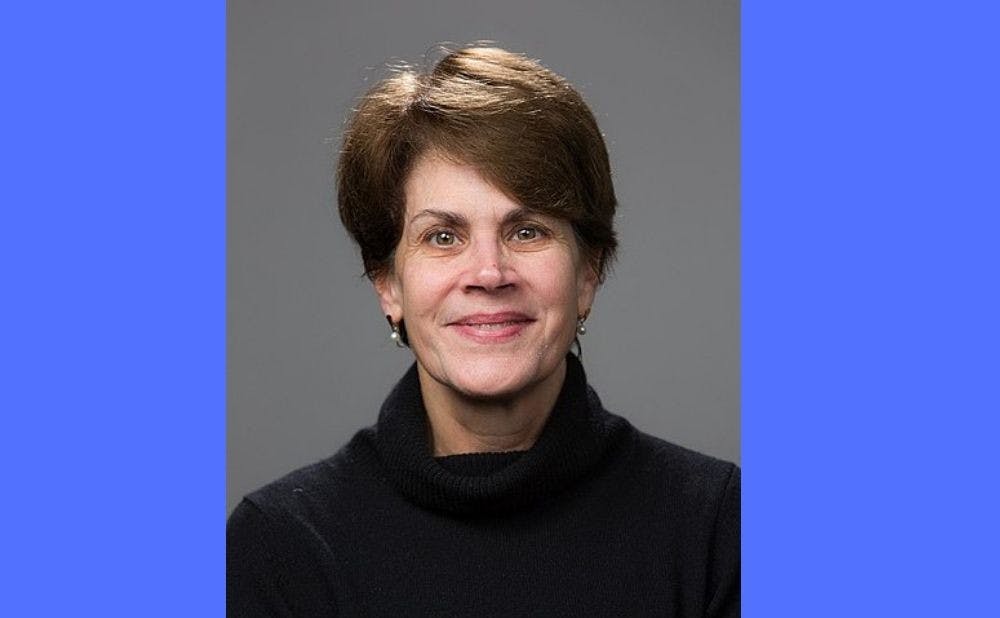Hearing impairment affects approximately 37.5 million Americans. The economic and healthcare costs of hearing loss amounts to billions of dollars annually.
Professor of surgery Debara Tucci will now be in a position to combat these health issues on a national scale.
The National Institutes of Health recently named Tucci the director of the National Institute on Deafness and Other Communication Disorders (NIDCD). Tucci, who directs the cochlear implant program in the Division of Head and Neck Surgery and Communication Sciences, will lead the development of new strategies to improve treatment and accessibility for hearing impairment and other communication disorders.
At Duke, Tucci co-founded the Duke Hearing Center alongside Blake Wilson, adjunct professor in the department of surgery, to promote interdisciplinary strategies to combating hearing impairments.
“We partnered with others in the School of Medicine and University to develop the Hearing Center to provide a platform for bringing all of these investigators together,” Tucci told the Chronicle. “There’s the opportunity at Duke to work with people outside of the clinical world and the hospital, so we’ve partnered with scientists in neurobiology departments, in DIBS and in other centers.”
Tucci hopes the Hearing Center will continue to develop, as she leaves for the NIH to direct work on even more areas of communication disorders—defined as any impairment related to language, speech or nonverbal symbols.
Although Tucci did not initially imagine becoming the director of the NIDCD, the course of her career over the years has set the foundation to take over this role. In her new position, Tucci will oversee the allocation of funding for different mechanisms of the NIDCD. Funding is allocated towards research projects that focus on the mission areas of hearing, speech, language, voice, smell and taste.
“The NIDCD funds research done outside of the institute, which is the bulk of the funding and called the ‘extramural program,’” Tucci said. “There is also a smaller intramural program (within the Institute), where a small number of investigators address research questions we think are important that can be uniquely well-addressed within the NIH system. These programs might include clinical trials that are done in the NIH Clinical Center and also research programs in all of the mission areas.”
She hopes to improve the NICDC by refining its focus and increasing its efficiency.
“What I plan to do is to institute a strategic planning process, where we’ll engage the scientific community as well as the NIDCD staff to take a deep dive look into what problems are most impactful, especially in diseases that affect our patient populations and then what needs to be done to address those needs,” Tucci added.
Tucci said that her interest in hearing impairments and communication disorders evolved out of seeing the issue of people with hearing problems having their needs go unfulfilled.
“We all came to an understanding that even if we had interventions for people with hearing loss, they couldn’t access them because they weren’t getting identified as being hearing impaired and once they were identified, they couldn’t afford to buy a hearing aid,” Tucci said.
Get The Chronicle straight to your inbox
Signup for our weekly newsletter. Cancel at any time.

